Body Language in Turkey – non-verbal communication
I remember when I first came to Turkey as a tourist (more than a few years ago now I’ll admit) the one thing I found hard to take and then actually annoying, was the way sales people persisted in trying to sell me things. Of course it’s their job but when you’re new to a country with such beautiful souvenirs for sale, the choice, colours and sheer range of beautiful objects are dazzling. All I wanted to do was browse and look and touch and maybe then decide what I wanted to buy, or as the case was back then, could afford to buy. Their persistence made me feel they just wanted me to cut to the chase and hand over my money.
Body language in Turkey involves using many parts of the body
Saying No
Luckily I quickly learnt what to do when someone asks again and again for me to buy something or give them money and they just won’t take no for an answer. Just tilt your head upwards while making a “tsk” or “tut” sound by touching your tongue to the roof of your mouth. It works every time. Granted it feels very rude at first, because in Australia and many Anglo-Saxon cultures the sound in particular has a negative meaning but I have it down to a fine art now. I merely have to tilt my head and raise my eyebrows slightly to get the message across.
When you clearly look like a foreigner as I do (no matter how hard my Turkish hairdresser tries), this action is far more effective than repeatedly saying no. The person’s resolve immediately melts away and you’ll be left to browse in peace, at least until your hand stops on the next item to take your fancy. What I do then is another story.f
Place you hand on your heart
Another way to make your no effective is to place your right hand over your heart as you say it. This is understood as coming from the heart and therefore incontestable. Placing the right hand over the heart is also a form of greeting. Done while slightly bowing your head, it means greetings from the heart, as in heartfelt greetings.
Hand kissing
Unlike in many cultures where hand kissing is limited to men kissing women on the back of the hand, in Turkey the act of temenna is something everyone will do at some stage in their life. The act encompasses three values – sevgi, saygı, sadakat – love, respect and loyalty.
Even very young children know to bow low and take the hand of their elders (a parent, teacher or other grown up they love and respect), then plant a kiss on it it before touching it to their forehead as a sign of respect. This commonly takes place during bayram, religious holidays in celebration of Kurban or the end of Ramazan as well as at other celebrations like weddings, engagements and circumcisions. During a bayram traditionally the child (who can also be a grown up son or daughter) would receive a large coin in return. These days paper money is gifted but the act still has the same meaning, to show respect and connect the generations. It happens outside of bayram as well, when a person wants to show their gratitude, loyalty or love to an older person, famous individual or employer.
Hand gestures
If you’re thinking this section will tell you how to use your hands rudely, you’re wrong. I’m a very polite person, possibly too much so at times. Besides, no one has ever taught me bad words or hand gestures in Turkish. I think it has something to do with the way I look, school teacher meets innocent child (or so I’ve been told).
However I do know if I want to give directions to someone in Turkey I should point with all my fingers held out together, not just the index finger. That’s considered rude, but as I mentioned before, I don’t know why.
Where I come (Australia) when you want to hail a bus you have to hold your arm straight out at shoulder level to indicate to the bus driver you want him to stop for you. Oh and you have to be standing exactly within the parameters of the bus stop otherwise they won’t pick you up. Even on a street devoid of any traffic. Here, waving vaguely or just looking lost when you’re standing close to a bus stop (or sometimes not even near one) does the trick just as well.
When you want to express how good something is, don’t, whatever you do, make the OK gesture where you hold your thumb and index finger together with the other fingers standing up like a crest on a cockatoo. It’s really, really rude and offensive but again, I don’t know why. I’ll let you do your own research on that.
Instead, turn your hand so the palm is facing your body then touch your thumb with all your fingers. Holding your hand like this and moving it up and down (sort of like a controlled shake) means something is good, really tasty or super attractive. For added emphasis accompany it with an, “Um um” sound, sort of like a hum.
When you want to beckon some one to you, like a waiter, don’t wave your hand in the air palm up. Instead open and close your hand as if you were waving goodbye to someone in an Anglo Saxon country. Word of caution. The innocently fun game of pretending to steal a child’s nose then showing them you have it in your hand with your thumb substituting as their nose. Just don’t.
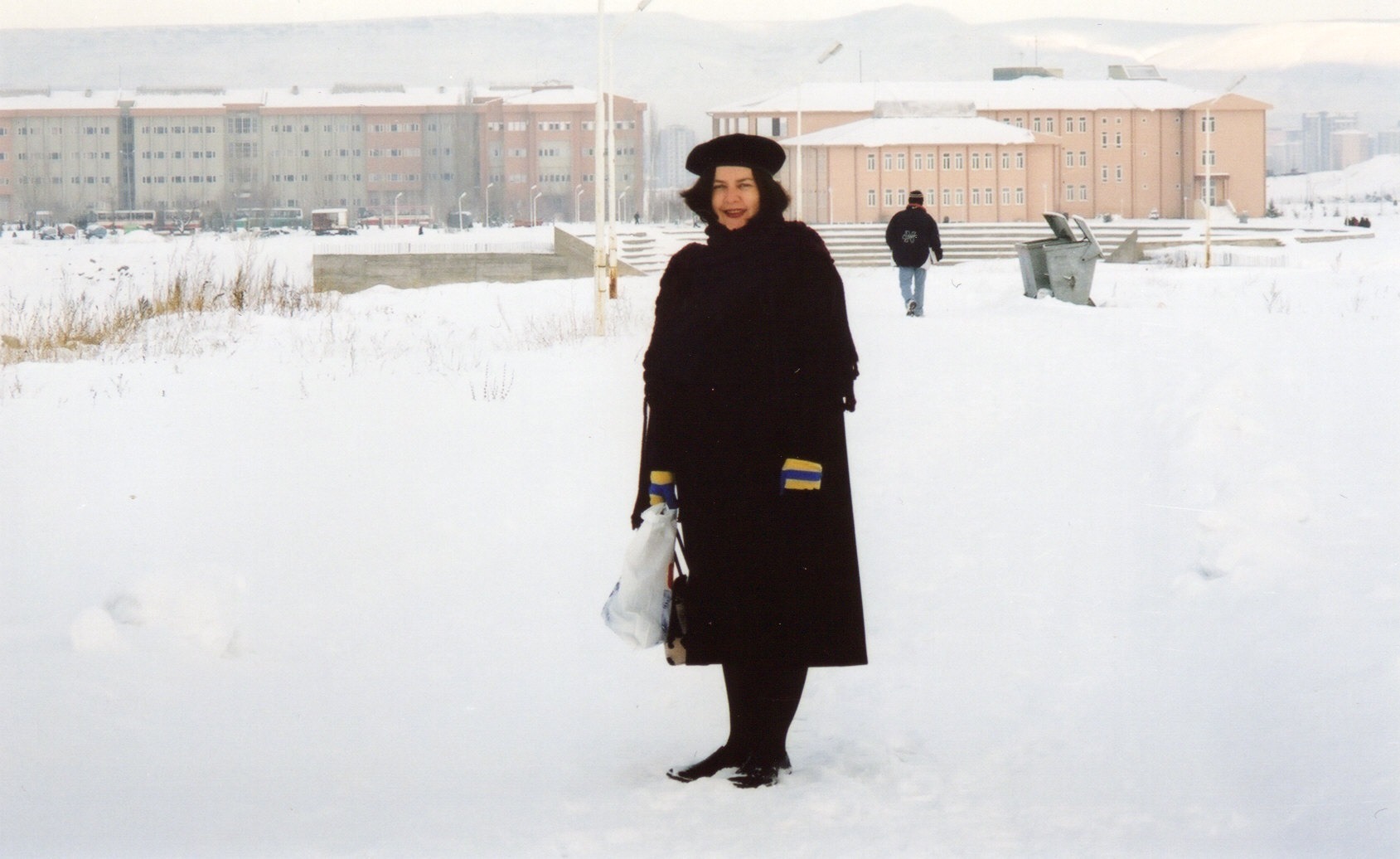
Winking
When someone double winks at you they’re saying they like you, but in a platonic way. However a single wink can mean something very different, as I found out one day in Eminönü. You can read all about it in “Cut From the Same Cloth” in my latest book Longing for Istanbul: The Words I Haven’t Said Yet.
Body language in Turkey using money
I’m not a huge consumer but I have bought my fair share of carpets, ceramics and ornamental souvenirs in Turkey over the years. Back in 1990 I spent five hours drinking tea, chatting and bargaining over a kilim for myself and a cicim for a friend. When we finally agree on a price and I handed over the cash, the carpet seller promptly scattered the notes on the ground. Seeing my shocked face he laughingly explained this was the first sale of the day and his action was intended to encourage money to flow. A few months ago I bought a new handbag (spending a lot less money than I did in 1990, I might add) and the seller stroked his chin with the notes I handed over to him. According to him this is the new improved version of what to do when you make the first sale of the day and want more sales to follow.
A unique form of body language in Turkey
Kuş dili (Turkish bird language)
Finally there’s whistling or kuş dili. Appropriately it’s mainly used in Kuşköy (bird village) in the Pontic Mountains. Farmers use a series of high-pitched whistles and melodies to communicate with one another across large distances, steep gullies and high hills. It was included in the UNESCO list of Cultural Intangibles in 2017 and the village holds a Bird Language, Culture and Art Festival every year.
Now you’re informed about the all the different forms of body language in Turkey so you too can Turks communicate without words, I hope you’re ready to tackle your life and travels in Turkey with added confidence. I’d love to know how you go. Drop me a line in the comments.
***************************
Here are my helpful tips for planning your trip to Turkey
For FLIGHTS I like to use Kiwi.com.
Don’t pay extra for an E-VISA. Here’s my post on everything to know before you take off.
However E-SIM are the way to go to stay connected with a local phone number and mobile data on the go. Airalo is easy to use and affordable.
Even if I never claim on it, I always take out TRAVEL INSURANCE. I recommend Visitors Coverage.
I’m a big advocate of public transport, but know it’s not suitable for everyone all the time. When I need to be picked up from or get to Istanbul Airport or Sabiha Gokcen Airport, I use one of these GetYourGuide website AIRPORT TRANSFERS.
ACCOMMODATION: When I want to find a place to stay I use Booking.com.
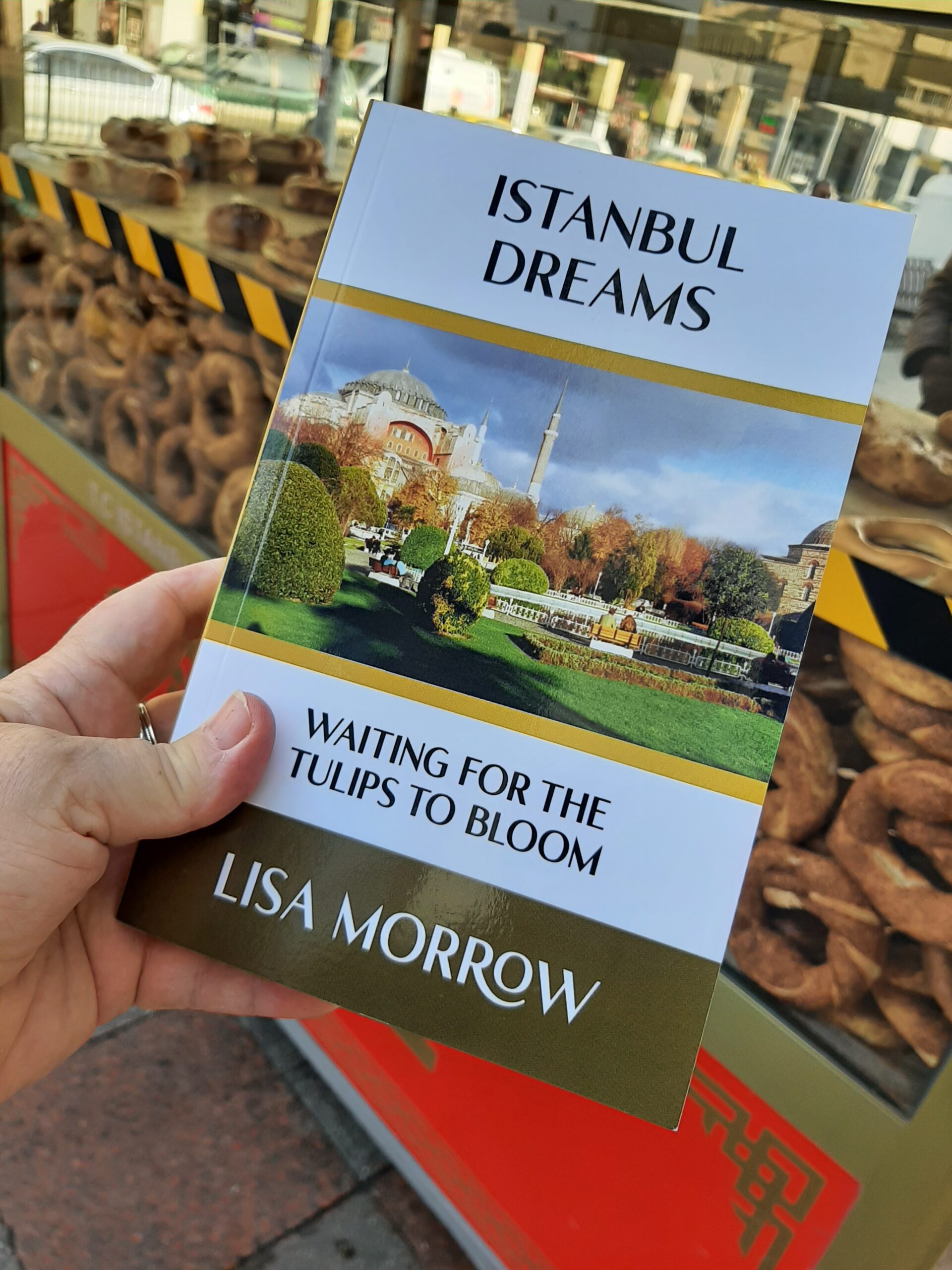
CITY TOURS & DAY TRIPS: Let me guide you around Kadikoy with my audio walking tour Stepping back through Chalcedon or venture further afield with my bespoke guidebook Istanbul 50 Unsung Places. I know you’ll love visiting the lesser-known sites I’ve included. It’s based on using public transport as much as possible so you won’t be adding too much to your carbon footprint. Then read about what you’ve seen and experienced in my three essay collections and memoir about moving to Istanbul permanently.
Browse the GetYourGuide website or Viator to find even more ways to experience Istanbul and Turkey with food tours, visits to the old city, evening Bosphorus cruises and more!
However you travel, stay safe and have fun! Iyi yolculuklar.
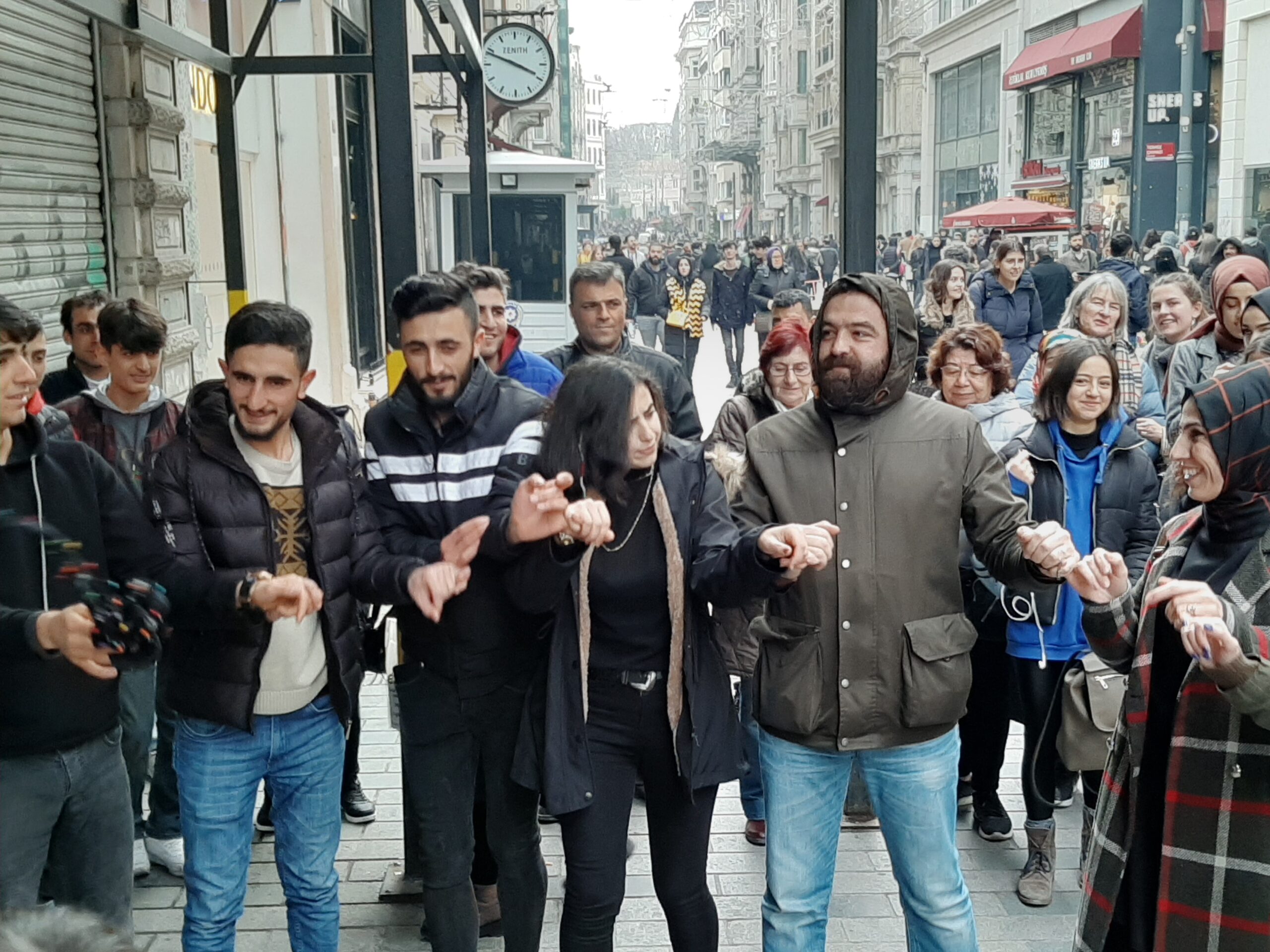
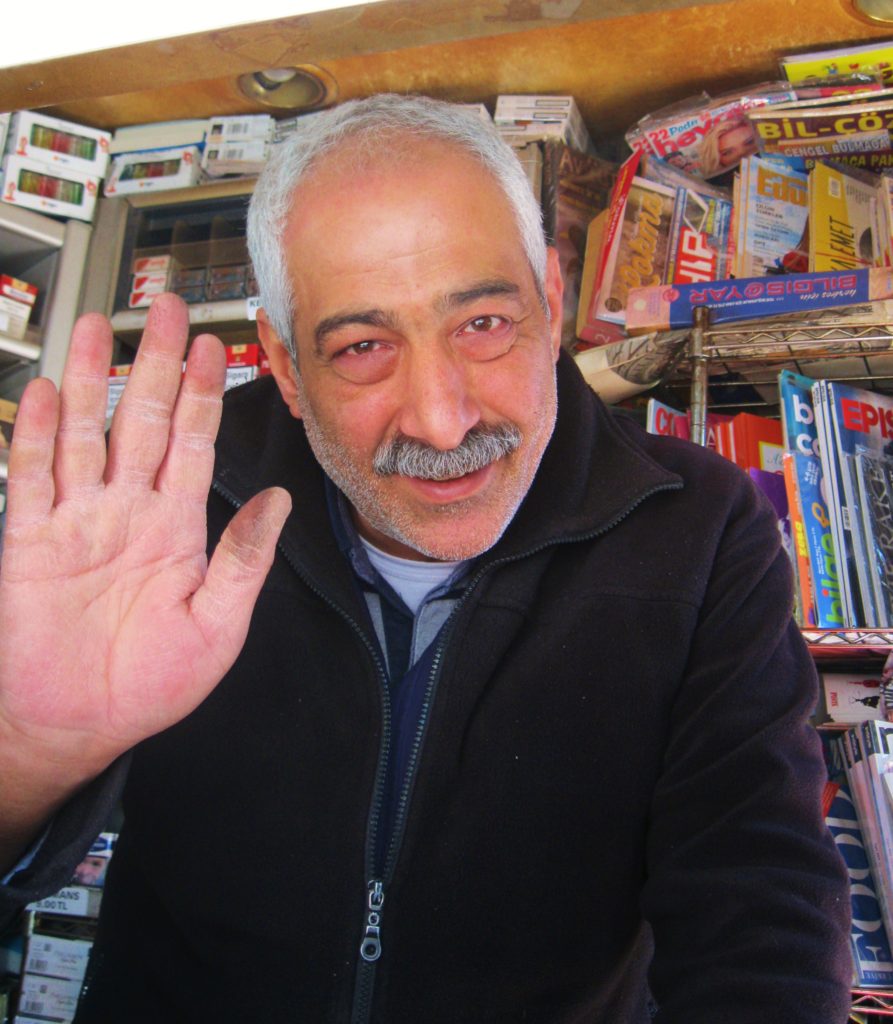
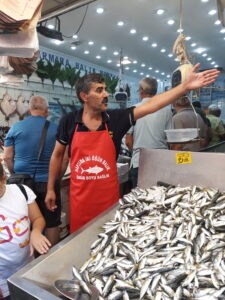
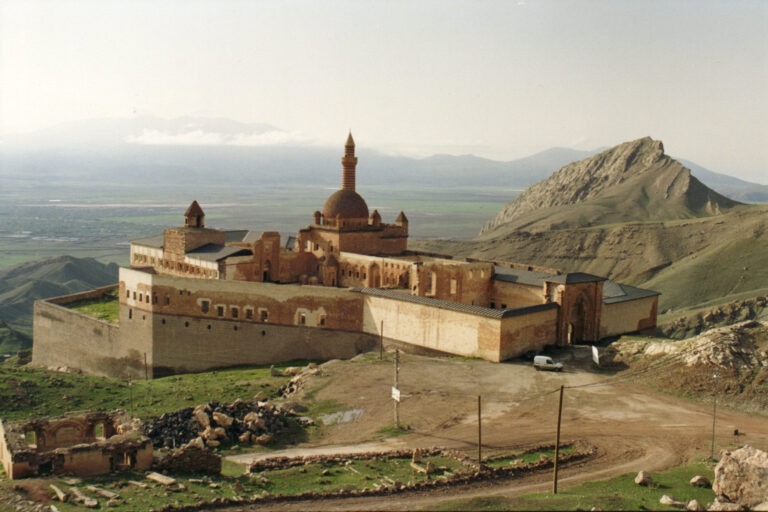
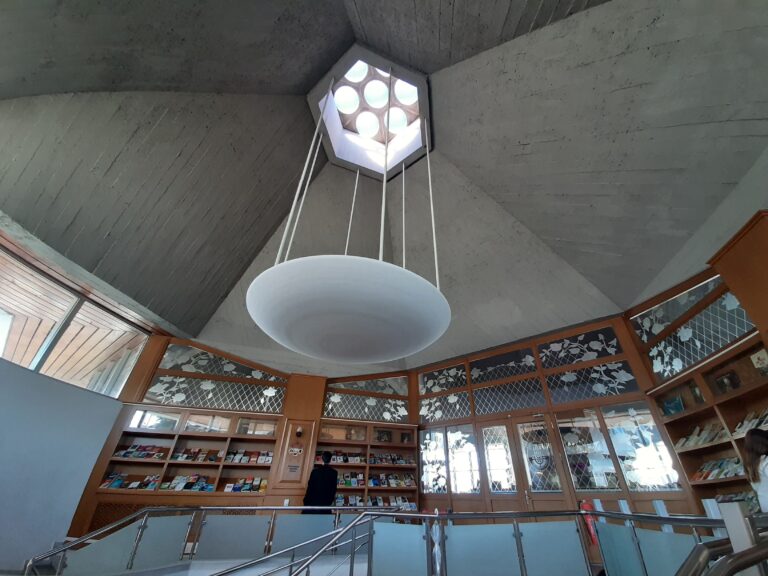
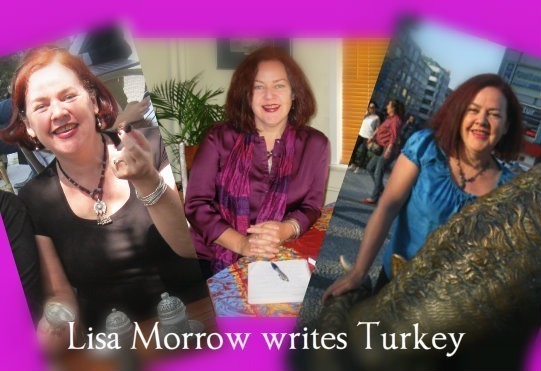
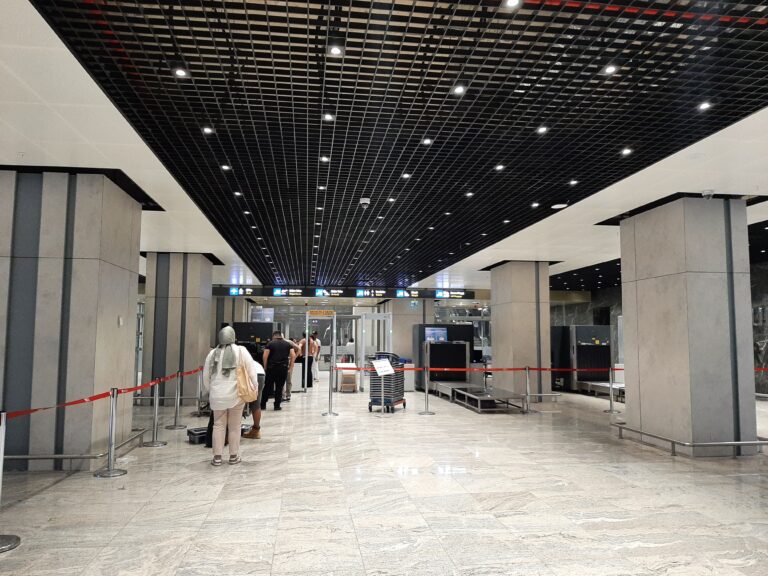
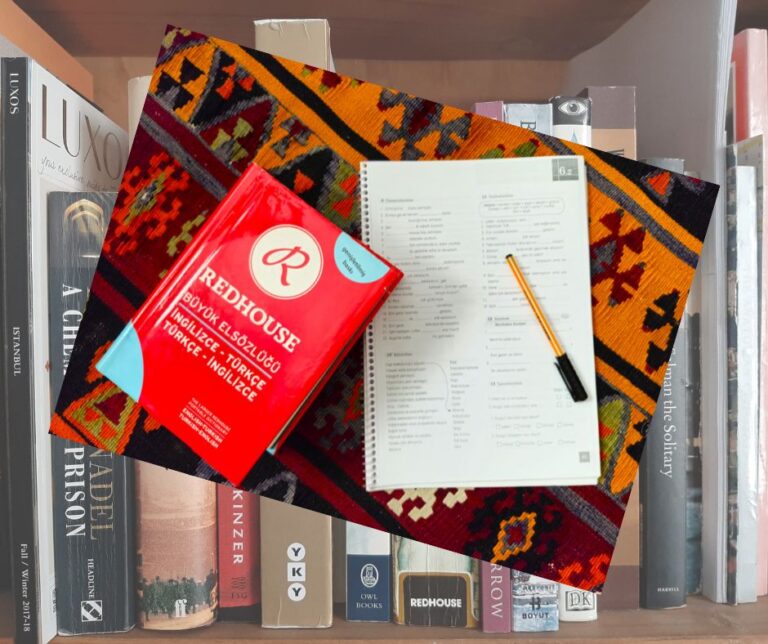
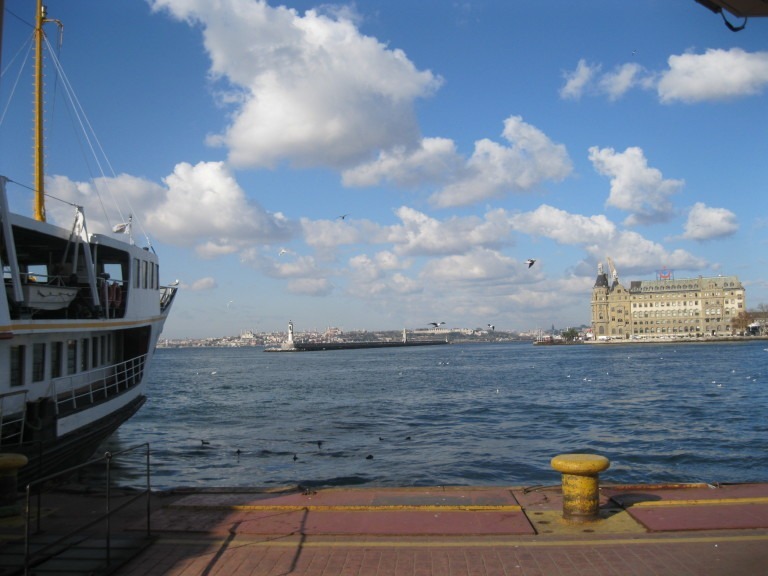
I have begun to watch Turkish series and movies. I am so impressed by the subtle gestures and modesty. I notice that couples stare at each other for an extra long time as if they are “drinking in their beauty and feelings”. Is this generally part of the romance culture or is it just to create sensual feelings in the movies/series.
Hi Diane, Turkish series and movies are very romantic but what you see in TV programs and films isn’t the reality. People in Turkey are just like those in any country – varied and diverse in the way they show their affection and love for one another.
Thank you for your reply. TV and movie production representing Turkey is doing a great job. The plots, staging and story lines are modest and well done. They are quite relatable. Politeness and respect for parents and family, the hospitality of tea and coffee and fashion is noted. I am also interested to see how or if history has influenced their culture. Being from the west, we know so little about it unless we acquire special studies on the subject.
What a wonderful article. since moving to Turkey I have found respect all around me. I AM A 70 PLUS male but I have had my hand kissed twice by males. I took this as a massive compliment, There are a couple of young ladies who work in a supermarket who speak with their eyes. I often say KOLAY KELSON to them when I visit in a morning, a nice smile goes a long way. John. Ailsa”s husbund.
I am glad you enjoyed the article John. There is still respect for older people in Turkey which I think is wonderful. I know the women in your local supermarket will love the fact you say kolay gelsin to them!
Loved this!
I can help you on the making the “o” with your index finger and thumb. I actually have a text with 13 unspoken rules in Turkey and this is 1 of them!
I will post it here. I also live here and every time you will learn something different lol.
13. Take care with gestures. There are a few gestures you might use without thinking, that are quite offensive in Turkey. Making a “O” with your forefinger and thumb demonstrates homosexuality… The “got your tongue” gesture that you do to little children (making a fist and sticking your thumb between your forefinger and middle finger) is the equivalent to the middle finger in Turkey.
Oh no, now I know what those gestures mean! I’ll have to forget again to remain innocent.
Hi Lisa,
Thanks for this article. Now if you are interested one of my early Turkish lesson included the meaning of the thumb and finger circle, don’t ask me what my first Turkish teacher came up with really random things. Happy to explain if you want;).
However I do find at times I still forget. In the local area we usually frequent most restaurants are used to the yabanci misuse of this insult, some waiters however still jump a mile.
I might try to remain innocent of that knowledge if possible. You know what it’s like. Once you know why you shouldn’t do something you end up doing it all the time by accident!
Hi thanks for your very nice article. I have noticed that making cracking sounds with knuckles is common and probably not a friendly gesture it does not look or sound friendly. g it.
This is something people usually do unconsciously, often to alleviate stress. It has no hidden meaning and is definitely not negative ör unfriendly.